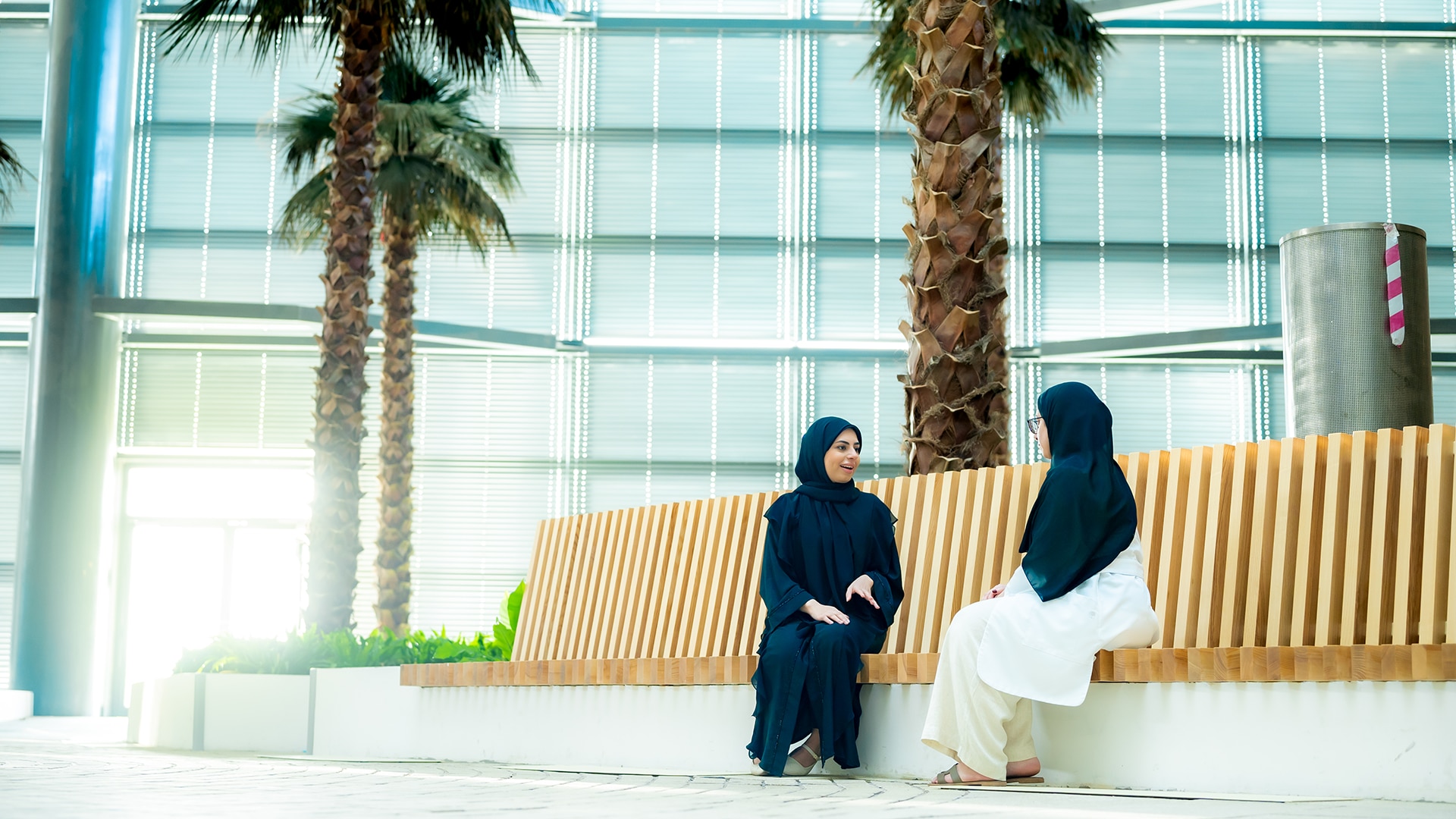The DRC is offering pregnant women free maternity care
The new $113 million scheme by DRC will cover pregnant women throughout their term and for one month after the baby is born. It will also cover babies for their first 28 days of life.
The Democratic Republic of the Congo (DRC) faces a critical challenge in its high maternal and newborn mortality rates. With 547 women dying in childbirth for every 100,000 live births and 27 in every 1,000 babies dying in their first 28 days of life, the DRC far exceeds the global UN targets set for 2030. These alarming statistics underscore the urgent need for improved maternal and newborn care in the country.
Free maternity care for pregnant women
In a significant step towards addressing this pressing issue, the DRC has launched a new $113 million scheme providing free maternity care for pregnant women throughout their pregnancy and for one month after childbirth.
The initiative, supported by the World Bank, also extends coverage to newborns for their first 28 days of life. This comprehensive approach aims to tackle the financial barriers that often prevent women from accessing essential healthcare services.
International collaboration crucial
To address these challenges and ensure the long-term success of the free maternity care scheme, international collaboration is crucial. The World Economic Forum's Centre for Health and Healthcare is actively identifying and scaling up solutions for more resilient, efficient, and equitable healthcare systems.
Additionally, the Women's Health Initiative brings together public and private actors to promote inclusive action for improving women's health outcomes.
Supporting global maternal and newborn care
The DRC's free maternity care scheme represents a critical step towards improving maternal and newborn health in the country.
However, addressing this global challenge requires a multi-faceted approach that includes strengthening healthcare systems, investing in human resources, and fostering international collaboration. By working together, we can ensure that women and newborns around the world have access to the quality care they deserve.
话题:
健康与医疗系统分享:
每周 议程
每周为您呈现推动全球议程的紧要问题(英文)





